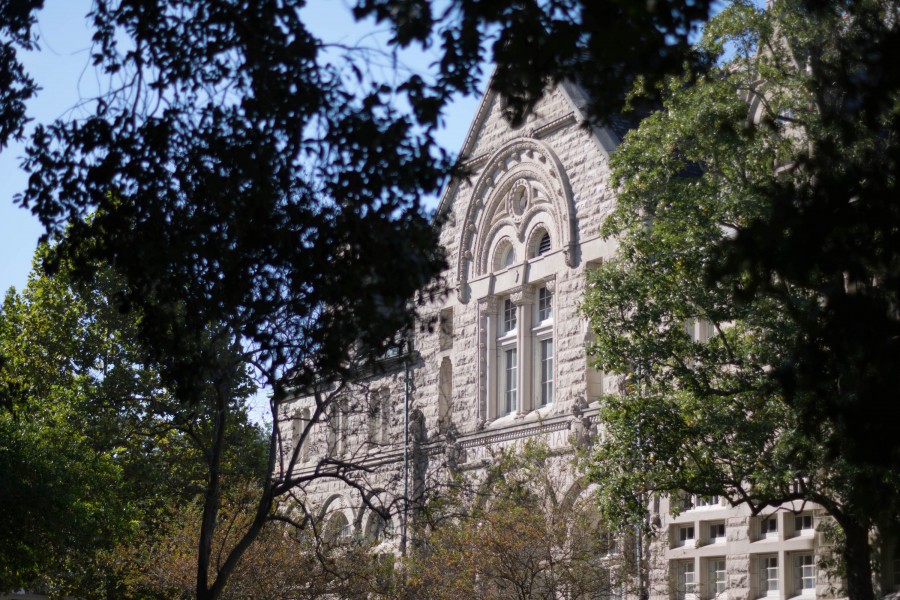Tulane Law withdraws from U.S. News ranking
January 30, 2023

Tulane University’s Law School withdrew from the controversial U.S. News ranking system last week, citing concerns of accuracy, merit and fairness.
Law School Dean David Meyer said recent errors by U.S. News compounded the decision to bow out.
“The effort to provide an ordinal ranking of overall quality of the nation’s 200-plus law schools based on a formula that takes no account of their varying and distinctive missions and qualities is fundamentally misconceived and misleading,” he said in a statement.
Meyer called the merit of the rankings into question, arguing recent concerns like changing methods and internal inconsistencies have led to growing problems of fairness.
Those problems could include rewarding law schools for higher admission costs but penalizing them if students borrow money to finance their education, he said. It also could mean a school values high LSAT scores over a student’s financial needs, or prioritize students who do not need to borrow money.
Tulane Law’s decision comes as schools across the country opt out of the rankings. Yale Law School, Harvard Medical School and Stanford Medical School are all among the top universities that have recently quit the ranking system.
Critics have called the rankings into question over methodology issues and failure to represent the reality of life at individual schools. But the rankings have long held sway over prospective students, parents and the schools themselves, who may lose funding depending on where they fall on the list.
Duke University’s School of Medicine was also one of the latest top institutions to announce its withdrawal last week.
Meyer said a recent overhaul of the system’s methodology has improved some of its flaws but was skeptical of its future merit.
“The U.S. News ranking will inevitably require continuing reinvention in the years ahead,” he said, “and past practice does not inspire confidence in the accuracy of that enterprise.”






















Leave a Comment